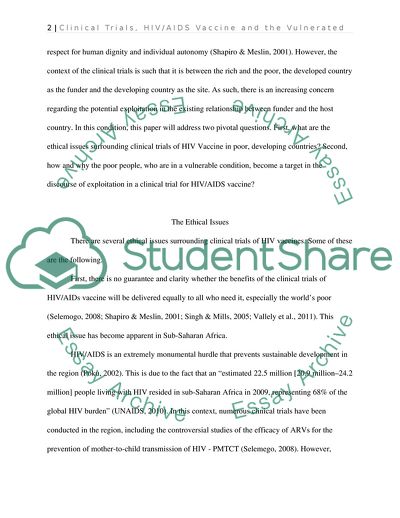Cite this document
(Ethical issues on international research in developing countries on Essay, n.d.)
Ethical issues on international research in developing countries on Essay. https://studentshare.org/health-sciences-medicine/1754782-ethical-issues-on-international-research-in-developing-countries-on-hiv-vaccine-trials
Ethical issues on international research in developing countries on Essay. https://studentshare.org/health-sciences-medicine/1754782-ethical-issues-on-international-research-in-developing-countries-on-hiv-vaccine-trials
(Ethical Issues on International Research in Developing Countries on Essay)
Ethical Issues on International Research in Developing Countries on Essay. https://studentshare.org/health-sciences-medicine/1754782-ethical-issues-on-international-research-in-developing-countries-on-hiv-vaccine-trials.
Ethical Issues on International Research in Developing Countries on Essay. https://studentshare.org/health-sciences-medicine/1754782-ethical-issues-on-international-research-in-developing-countries-on-hiv-vaccine-trials.
“Ethical Issues on International Research in Developing Countries on Essay”. https://studentshare.org/health-sciences-medicine/1754782-ethical-issues-on-international-research-in-developing-countries-on-hiv-vaccine-trials.


